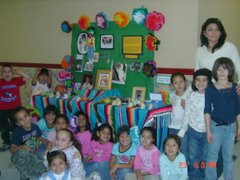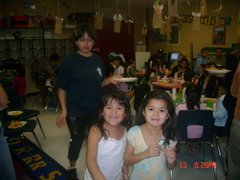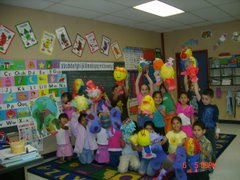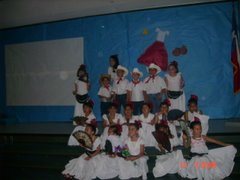What is CAH and what are the differences between it and CLI? How can some of the concepts talked about in the Chapter (Brown Ch 9) be used in the classroom, e.g., error analysis, CLI, Stages of learner language development, fossilization.
Well what I understood by contrastive analysis hypothesis is that many of the mistakes ELLs make in the L2 are the same mistakes they make in L1, the theory is saying that we don’t leave the bad habits in L1, but we carry them over to L2. On the other hand, cross-linguistic influence says that one language affects the other one in two ways, facilitating or interfering the learning. Well, in the classroom we have to make use of every aspect of students’ language, positive or negative, we have to build on their accomplishments and improvements, praising, reaffirming, step it up to next level, etc. However, we also have to take in consideration their errors or mistakes so we can address their needs and work in the areas that need improvement.
As we saw the different stages of learner language development are very important because we have to plan instruction according to the needs of our children, not only in the individual and group instruction, which most of the time we use to focus on individual needs. During whole class instruction we can also differentiate these needs and create a nurturing and trusting environment where all students feel comfortable with their abilities and perform at their maximum potential. Let me give an example; Reading aloud a book about apples and how a family works in the field planting, picking, and selling them. S1 is in the presystematic stage (beginning), I wouldn’t ask him to tell me the process of planting or how do you grow apples, this would frustrate the students and that would prevent student’s participation. On the other hand if I ask a question that student is able to respond and elaborate on it, this would give student confidence and interest to predict, infer, and participate in the discussion because he knows that we are celebrating his knowledge and not pointing out his faults.
It is very interesting how when we are reading the chapters we see everything so technical, but when we analyze the same information and how we would use it in the classroom everything changes and we center all our learning on providing the best education and how we can serve our students in the best way.
Subscribe to:
Post Comments (Atom)
.JPG)




1 comment:
Great point, Erika, in trying to always relate this research and what we are learning on such an academic level to what we see and do in the classroom, and how or why our lessons are relevant for us and will improve our instruction. I agree with that concept 100%.
Post a Comment